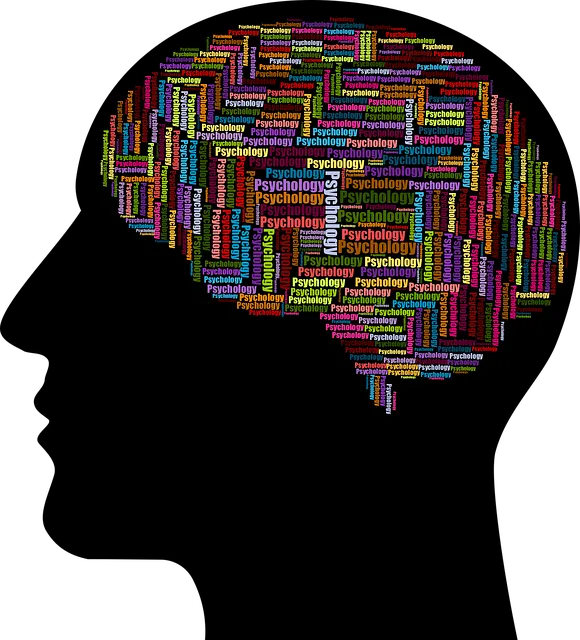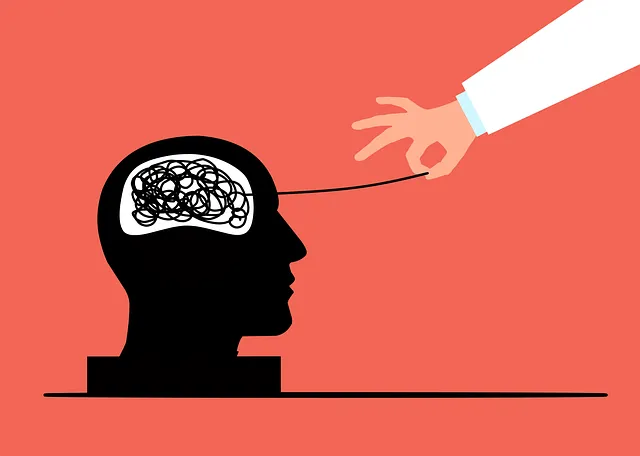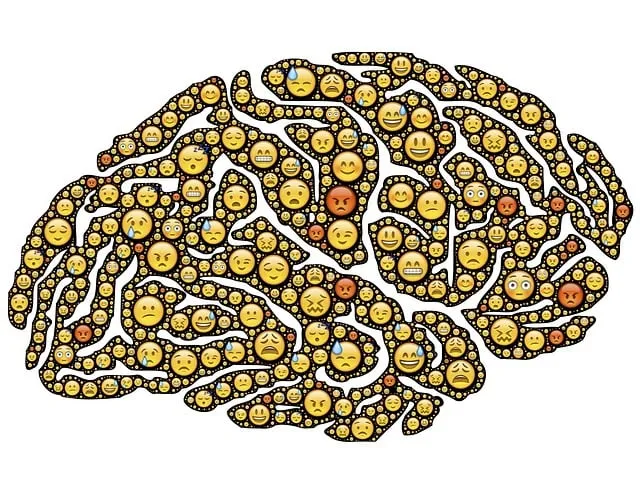Boulder Kaiser Permanente offers comprehensive mental health services that address trauma's root causes, providing safe spaces and tailored support through evidence-based practices. Their diverse programs, including the Community Outreach Program, enhance accessibility for vulnerable populations, focusing on trauma support and depression prevention. By integrating online therapy, counseling, stress management, and mood regulation tools, they empower individuals to navigate healing and emotional well-being, while community education reduces stigma to encourage open dialogue.
In a world where trauma is a prevalent challenge, understanding its profound impact on individuals and communities is essential. This article explores strategies for enhancing trauma support, focusing specifically on the comprehensive services provided by Boulder Kaiser Permanente Mental Health. We delve into the complexities of trauma, highlight the organization’s commitment to care, and offer insights into accessing resources, with a goal to improve overall well-being. Discover practical steps towards better trauma support within our community.
- Understanding Trauma and Its Impact
- Boulder Kaiser Permanente Mental Health Services: An Overview
- Accessing Support: Navigating Available Resources
- Enhancing Trauma Support: Strategies for Improvement
Understanding Trauma and Its Impact

Trauma is a profound and complex experience that can have lasting effects on an individual’s mental and emotional health. It stems from various sources, including violent or life-threatening events, accidents, natural disasters, or prolonged exposure to distressing situations. Boulder Kaiser Permanente mental health services recognize that trauma doesn’t just impact the moment; it can shape a person’s future, affecting their relationships, daily functioning, and overall sense of safety. Understanding this intricate relationship is crucial in providing effective support.
The impact of trauma extends beyond immediate symptoms, often leading to long-term challenges such as post-traumatic stress disorder (PTSD), anxiety, depression, and difficulties regulating emotions. Boulder Kaiser Permanente’s approach to trauma support involves not just treating symptoms but addressing the underlying causes. This includes employing conflict resolution techniques to help individuals process and manage traumatic memories, as well as promoting emotional well-being through tailored therapies that consider cultural sensitivity in mental healthcare practice. By creating safe spaces and utilizing evidence-based methods, these services aim to empower individuals on their journey towards healing and recovery.
Boulder Kaiser Permanente Mental Health Services: An Overview

Boulder Kaiser Permanente offers a comprehensive range of mental health services designed to cater to diverse needs within the community. Their approach integrates advanced clinical care with innovative programs aimed at trauma support and depression prevention. The organization recognizes the impact of traumatic experiences on individuals’ mental well-being, hence their focus on providing specialized services that address these issues effectively.
One notable initiative is their Community Outreach Program, which plays a pivotal role in connecting vulnerable populations with essential trauma support services. By implementing this program, Kaiser Permanente aims to bridge the gap between those struggling with mental health challenges and the resources they need. This strategic implementation not only enhances accessibility but also fosters a more supportive environment where individuals can begin or continue their journey towards healing and recovery.
Accessing Support: Navigating Available Resources

Accessing support for trauma is a vital step towards healing and rebuilding one’s life. In Boulder, Kaiser Permanente offers comprehensive mental health services designed to cater to diverse needs. Their expert team provides a safe space for individuals to process traumatic experiences and develop coping strategies. The range of resources available ensures that everyone can find tailored assistance, whether they’re seeking help for acute distress or aiming to build resilience through inner strength development.
Navigating these services is straightforward. Kaiser Permanente’s website offers clear guidance on accessing their mental health support, including online therapy options, counseling sessions, and programs focused on stress management and mood regulation. By leveraging these available resources, individuals can take proactive steps towards healing, gaining tools to manage their emotional well-being and fostering a sense of calm amidst life’s challenges.
Enhancing Trauma Support: Strategies for Improvement

The provision of trauma support services is a critical aspect of mental health care, and Boulder Kaiser Permanente mental health services stand out for their comprehensive approach. To enhance Trauma Support Services, several strategies can be implemented. One key area is reducing the stigma associated with mental illness through community outreach and education programs. By fostering open dialogues and promoting understanding, individuals facing trauma are more likely to seek help without fear of judgment.
Additionally, integrating self-esteem improvement initiatives within these services can significantly boost patient outcomes. Encouraging coping mechanisms that build resilience and self-worth empowers individuals to navigate their traumatic experiences with greater ease. Boulder Kaiser Permanente’s focus on holistic care ensures that patients receive not just medical support but also emotional and psychological reinforcement, leading to more positive long-term results for those navigating trauma and mental illness.
In summary, addressing trauma requires comprehensive support systems. Boulder Kaiser Permanente’s mental health services offer a robust foundation, but there’s always room for improvement. By enhancing access to resources and implementing innovative strategies, we can ensure that those affected by trauma receive the best possible care. Understanding the impact of trauma and leveraging available resources are crucial steps towards fostering healing and building a more resilient community.






